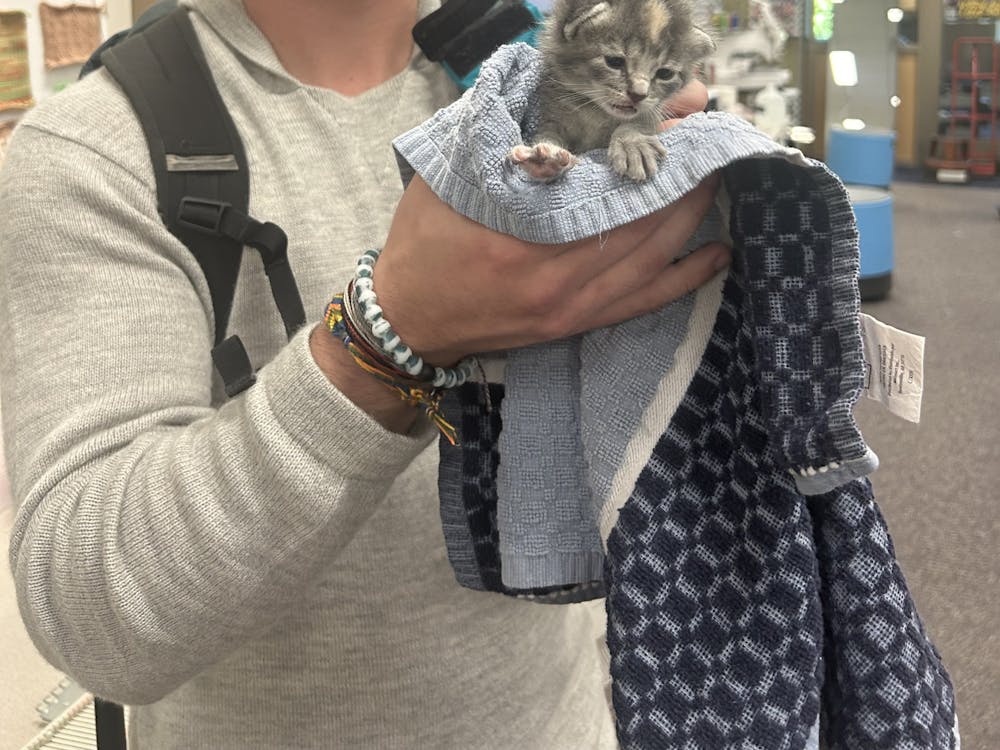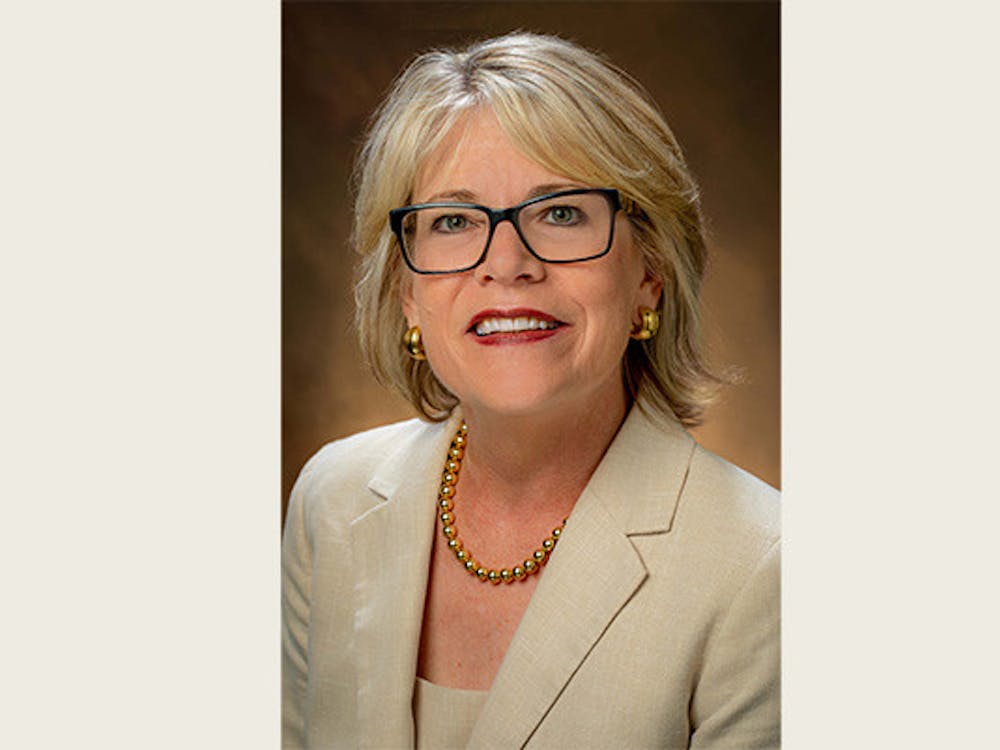The following reflects the majority opinion of the Editorial Board
As Miami embarks on its search for a provost, the news that David Rosowsky, one of the candidates, received a vote of no confidence from the College of Arts and Sciences (CAS) faculty at the University of Vermont in April is troublesome.
Rosowsky resigned from his position at Vermont (UVM) at the end of April. It's unclear whether his move was out of courtesy to the university's new president as they build their leadership team or whether he did so due to the backlash he received for his budgetary practices. Either way, Miami is considering him for its own provost position.
One thing is clear, though. Either Miami failed to vet this candidate properly, or the Miami administration found his controversial budgetary plan to be attractive.
In a choice between the two, we hope it's the former.
At UVM, Rosowsky instituted an "incentives-based budgetary model." Under this model, a program that brings in hordes of students -- think Farmer School of Business -- gets the lion's share of the money. If you draw only a few students -- think department of Classics -- you're at risk of being axed.
For a university that defines itself as committed to undergraduate teaching and that has, by many measures, actually done a relatively good job of sustaining smaller programs, it simply doesn't make sense that Miami would be so careless as to consider a candidate like Rosowsky.
Let's be clear: Rosowsky's budget plan at UVM was draconian. As some posters put up around UVM's campus depicting Rosowsky in a crown put it, he'd "rather increase tuition, layoff professors and increase class sizes instead of decreasing administrative spending by 3 percent."
When he was called out by UVM students, Rosowsky made it clear he doesn't feel beholden to the students he represents. He tweeted another image of himself in a crown, joking that, "Hey, it's a look."
It's a bad look that Miami let this guy get to the final rounds of the provost search. It's a bad look that Miami could be careless enough not to rule him out of the running, and it's an even worse look that maybe Miami actually wants candidates with these values.
But our staff couldn't get an answer from the university. We asked for comment, and were told by director of university news and communications Claire Wagner, "All I can say is that this is a not a topic that I am able to comment on."
We looked to our university for answers and came up empty.
Enjoy what you're reading?
Signup for our newsletter
Miami has already begun to trend toward funding big dollar programs in the name of increasing enrollments. The increases to STEM fields are just the start. Bringing a candidate like Rosowsky to campus seems like a natural progression, and we at The Student just hope students and faculty are going to give a damn about it.
Students can't be expected to go to every meeting, every hearing, every forum to try to get a grasp for how their university is supposed to work for them. That's why we do it. This is our job.
It's our job to let you all know that when Miami keeps these types of things low profile, they're anything but. The provost search has a direct impact on education at Miami. Simply filling out an online form with feedback on the candidates seems far too understated when this person will wield so much institutional power.
So, we have a few questions for Miami: Was Rosowsky vetted? Did the Miami search committee know the CAS faculty at UVM agreed they had no confidence in his leadership?
If the answers are yes, then we can only assume Miami found Rosowsky's budgetary vision attractive.
Like we said, it's a bad look either way.



